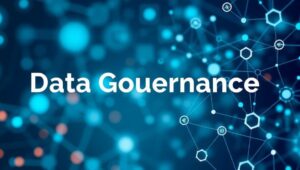June 3, 2025
Data Governance for Responsible AI (A 2025 Imperative)
Data Governance for Responsible AI: A 2025 Imperative As we move closer to 2025, the importance of data governance in the realm of Artificial Intelligence (AI) cannot be overstated. Responsible AI is no longer a futuristic concept but a present-day necessity. This article explores why data governance is crucial for ensuring AI systems are ethical, transparent, and accountable. Why Data Governance Matters for AI Data governance establishes a framework for managing data assets, ensuring data quality, compliance, and security. For AI, this means: Ethical AI: Ensuring data used to train AI models is free from bias and respects privacy. Transparency:









